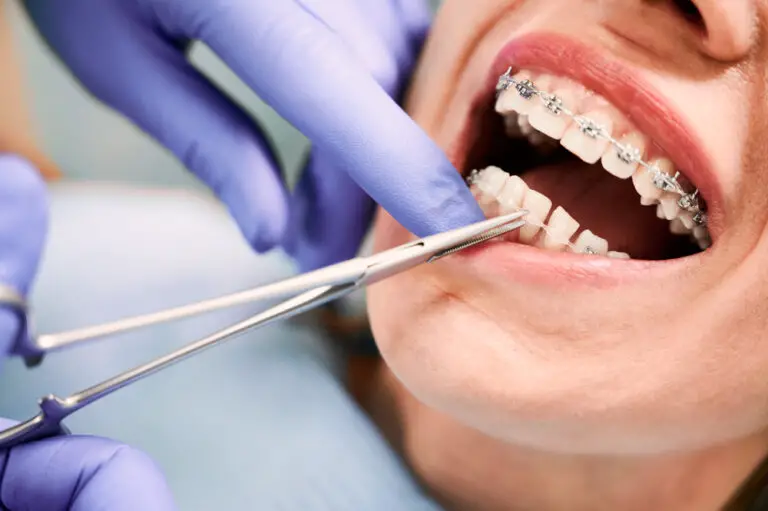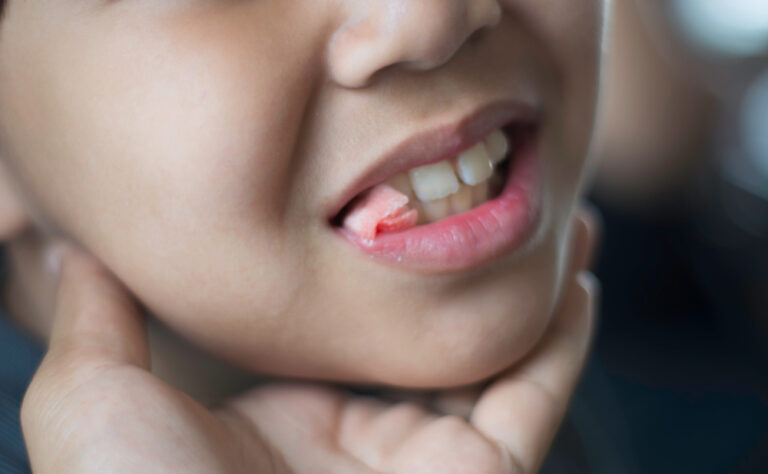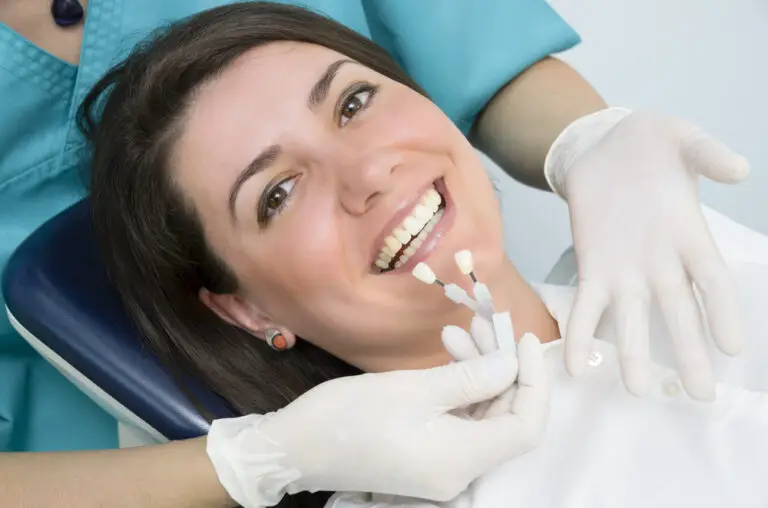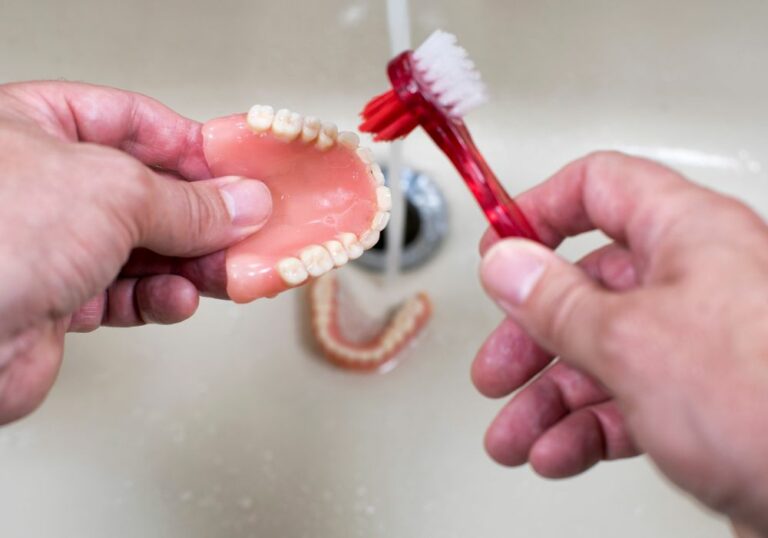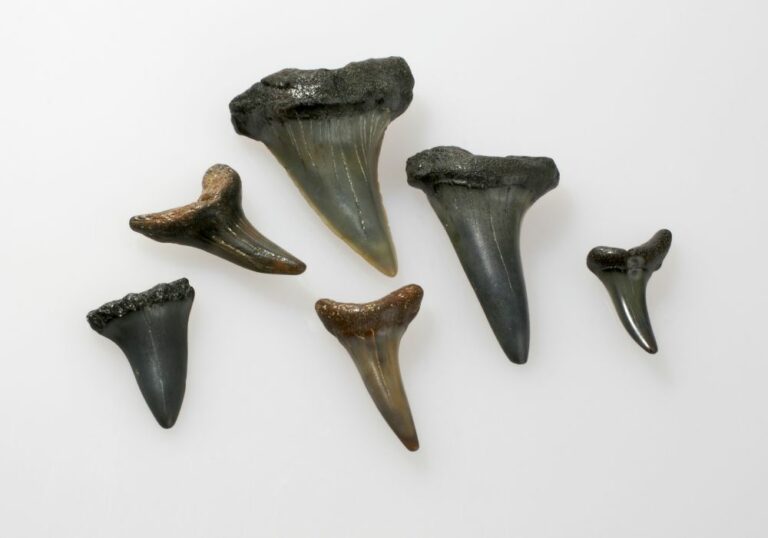Are human teeth valuable? This is a question that may come to mind when considering the importance of dental health. Teeth play a crucial role in our daily lives, from allowing us to speak and chew properly to affecting our overall health. But do they hold any monetary value?
The answer is yes, human teeth can have value. In fact, some people may sell their extracted teeth or even their entire set of teeth for various reasons. For example, some individuals may sell their teeth to artists who use them for sculptures or jewelry. Others may sell their teeth to researchers who study dental health or genetics. However, it is important to note that the value of human teeth varies and is dependent on multiple factors, such as the condition of the teeth, the market demand, and the purpose of the sale.
Despite the potential monetary value of human teeth, it is crucial to prioritize dental health and maintain proper oral hygiene. Neglecting dental health can lead to various health issues, such as gum disease, tooth decay, and even systemic diseases like diabetes and heart disease. Therefore, it is important to take care of your teeth and seek professional dental care when necessary.
Understanding the Value of Human Teeth
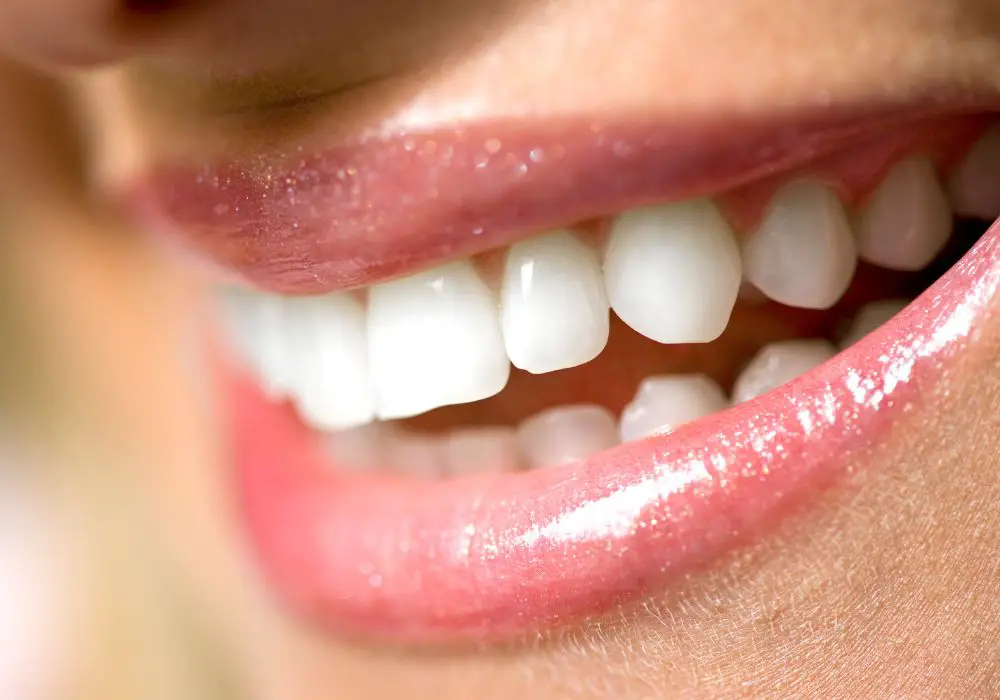
Human teeth are not only important for chewing food and speaking, but they also hold significant value in various fields, such as anthropology, archaeology, and forensic science. Here are some ways in which human teeth are valuable:
Anthropology
Teeth provide valuable insights into human evolution, behavior, and diet. By studying the shape, size, and wear patterns of teeth, anthropologists can determine the age, sex, and even the social status of ancient human remains. Teeth can also reveal information about the diet of our ancestors, such as whether they were herbivores or carnivores, and the types of food they consumed.
Archaeology
Teeth are one of the most durable parts of the human body and can survive for thousands of years. As a result, teeth are often found at archaeological sites and can provide valuable information about the people who lived there. Teeth can reveal information about the health, diet, and lifestyle of ancient populations, as well as their cultural practices and beliefs.
Forensic Science
In forensic science, teeth are often used to identify human remains. Teeth are unique to each individual, and their shape, size, and alignment can be used to identify a person even after other parts of the body have decomposed. Teeth can also reveal information about a person’s age, sex, and ethnicity, which can be useful in criminal investigations.
In addition to their scientific value, human teeth also hold cultural and economic value. For example, in some cultures, teeth are used for ritual purposes, such as in tooth filing ceremonies. Teeth can also be used to make jewelry or other decorative items. Finally, in the dental industry, teeth can be used to create dentures or implants for people who have lost their natural teeth.
Overall, human teeth are incredibly valuable and provide important insights into our past, present, and future.
History of Tooth Trade
Human teeth have been traded for various purposes throughout history. In the past, teeth were valued for their medicinal properties, as well as for their aesthetic appeal. Here’s a brief overview of the history of tooth trade:
Medicinal Properties
In ancient times, human teeth were believed to have medicinal properties. For example, in China, teeth were used in traditional medicine to treat a variety of ailments, including headaches, joint pain, and digestive issues. Similarly, in Europe, powdered teeth were used as a remedy for various illnesses, such as epilepsy and stomach problems.
Aesthetic Appeal
During the 18th and 19th centuries, human teeth were highly valued for their aesthetic appeal. Wealthy individuals would often purchase human teeth to replace their own missing or damaged teeth. These teeth were typically sourced from poor individuals who were willing to sell their teeth for money.
Ivory Trade
Human teeth were also traded for their ivory-like qualities. During the 19th century, elephant ivory became increasingly scarce, leading to a rise in demand for alternative sources of ivory. Human teeth were one such source, and they were used to make a variety of items, including piano keys, billiard balls, and combs.
Modern Times
Today, the trade of human teeth is largely illegal. However, there are still some instances where teeth are traded legally. For example, teeth can be sold to dental schools for use in dental education and research. Additionally, some individuals choose to sell their teeth to companies that specialize in creating jewelry and other decorative items from human teeth.
Overall, the trade of human teeth has a long and varied history. While the reasons for trading teeth have changed over time, one thing remains constant: human teeth have been and continue to be a valuable commodity.
Teeth in Medical Research
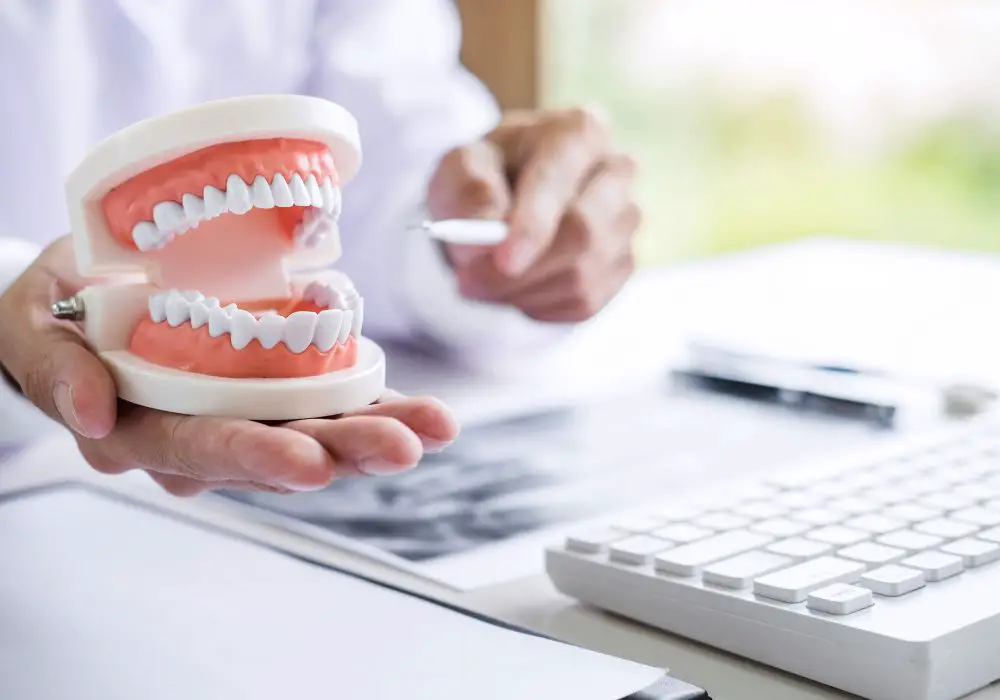
Human teeth have proven to be valuable in various fields of medical research. In this section, we will explore some of the ways in which teeth have contributed to medical research.
Stem Cells in Teeth
Teeth contain a rich source of stem cells that have the potential to differentiate into various cell types. These stem cells can be easily obtained from extracted teeth and have been used in various medical research studies. Stem cells from teeth have been found to have potential in regenerative medicine, including the regeneration of bone and cartilage.
Teeth in Genetic Research
Teeth have also been used in genetic research. The DNA contained in teeth has been found to be well-preserved, making them a valuable source of genetic material. Teeth have been used to study ancient human populations, as well as to identify remains in forensic investigations.
In addition to their use in stem cell and genetic research, teeth have also been used in dental material testing and bond strength assessment. Extracted human teeth are often used as a model for simulation in dental education and research.
Overall, teeth have proven to be a valuable source of biological material in medical research. The stem cells and DNA contained in teeth have the potential to contribute to advancements in regenerative medicine and genetic research.
Economic Aspects of Tooth Trade
When it comes to human teeth, there are various economic aspects to consider. From the cost of dental care to the value of teeth in the black market, teeth have both monetary and non-monetary value.
Dental Care Costs
One of the most significant economic aspects of teeth is the cost of dental care. According to a report by the National Bureau of Economic Research, dental care costs in the United States have been rising steadily over the past few decades. In 2017, Americans spent an estimated $124 billion on dental care, with an average expenditure of $685 per person.
Tooth Trade
While the vast majority of people view teeth as a valuable part of their body, there is a small market for human teeth in the black market. Teeth that are extracted for medical reasons, such as wisdom teeth, can be sold for a small profit. Additionally, teeth that are removed for cosmetic reasons, such as teeth whitening, can also be sold.
However, it is important to note that the sale of human teeth is illegal in most countries. The World Health Organization has warned that the trade in human teeth can lead to the spread of infectious diseases and can also contribute to the exploitation of vulnerable populations.
Economic Value of Teeth
Despite the negative connotations surrounding the sale of human teeth, there is a positive economic value to having healthy teeth. A study by the National Bureau of Economic Research found that individuals with good oral health tend to have higher earnings and are more likely to be employed. This is because poor oral health can lead to missed work days and decreased productivity.
Furthermore, having a healthy smile can also have social and psychological benefits. People with healthy teeth are often perceived as more attractive and confident, which can lead to increased opportunities and success in various aspects of life.
In conclusion, while human teeth may have a small black market value, their true economic value lies in their role in overall health and well-being. Investing in dental care and maintaining good oral health can have a significant impact on both personal and professional success.
Legal and Ethical Considerations
Legal Status of Tooth Trade
When it comes to the trade of human teeth, there are several legal considerations to keep in mind. In most countries, the sale of human organs or tissues is illegal. However, the status of teeth is not always clear-cut. In some cases, extracted teeth may be considered medical waste and can be disposed of accordingly. In other cases, extracted teeth may be considered the property of the patient and cannot be sold without their consent.
In the United States, the trade of human teeth is regulated by the FDA. According to their guidelines, extracted teeth can be sold for use in research, education, or the manufacture of medical devices. However, the teeth must be properly sterilized and labeled to ensure they are safe for use.
Ethical Dilemmas
The use of human teeth raises ethical questions as well. One of the main concerns is the issue of informed consent. Patients may not be aware that their extracted teeth could be sold or used for research purposes. Therefore, it is important for dentists to inform their patients about the potential uses of extracted teeth and obtain their consent.
Another ethical concern is the potential for exploitation. In some cases, vulnerable populations may be targeted for the extraction of their teeth, which can then be sold for profit. This raises questions about the ethics of using human tissue for commercial purposes.
Overall, the trade and use of human teeth raises complex legal and ethical considerations. It is important for dentists and researchers to be aware of these issues and take steps to ensure that they are acting in accordance with ethical principles and legal regulations.
Cultural Significance of Teeth
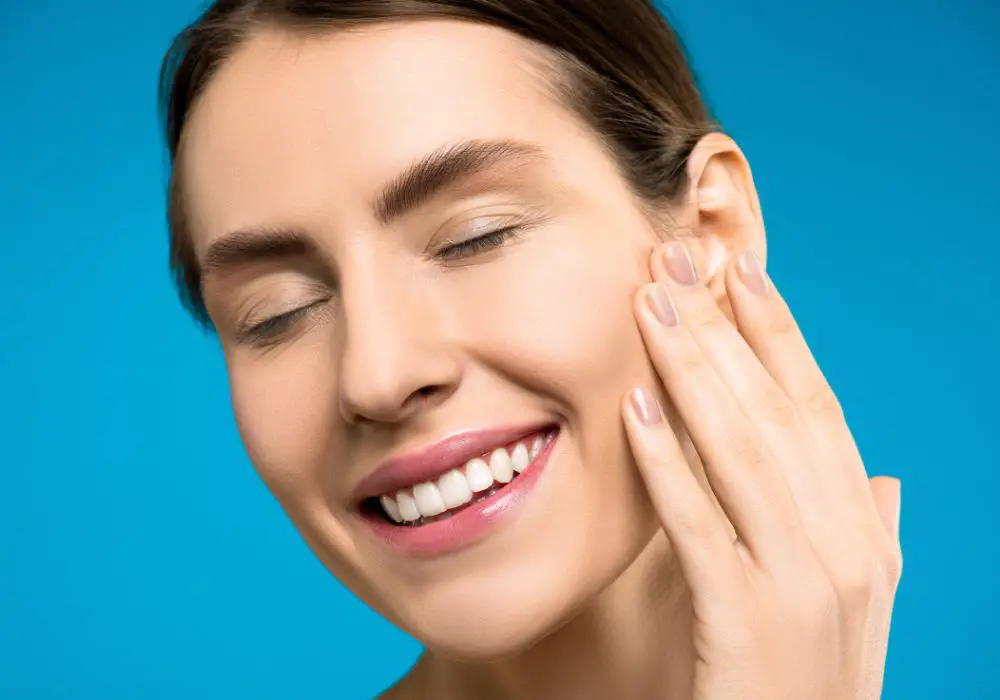
Teeth have been an important part of human culture throughout history, serving various purposes beyond their primary function of chewing food. In many ancient cultures, teeth were considered a symbol of status and strength, with certain teeth being more valuable than others.
For example, in some African cultures, teeth were used as currency, with front teeth being more valuable than back teeth. Additionally, some cultures would intentionally modify their teeth through filing or inlaying with precious stones to indicate their social status.
Teeth also played a significant role in religious and spiritual practices. In ancient Egypt, teeth were believed to hold magical powers and were often buried with their owners to help them in the afterlife. Similarly, in some Native American cultures, teeth were used in rituals and ceremonies to connect with the spiritual world.
Furthermore, teeth have been used in art and decoration. In some cultures, teeth were incorporated into jewelry and other adornments, adding a unique and striking element to the wearer’s appearance.
Overall, teeth have held great cultural significance throughout human history, serving as a symbol of status, strength, spirituality, and beauty.
Preservation and Care of Teeth
Your teeth are an essential part of your body, and taking care of them is crucial to maintaining good oral health. Here are some tips to help you preserve and care for your teeth:
Brushing
Brushing your teeth twice a day is an important part of maintaining good oral hygiene. Use a soft-bristled toothbrush and fluoride toothpaste to remove plaque and prevent tooth decay. Be sure to brush all surfaces of your teeth, including the front, back, and chewing surfaces. Don’t forget to brush your tongue to remove bacteria that can cause bad breath.
Flossing
Flossing is essential for removing plaque and food particles from between your teeth, where your toothbrush can’t reach. Use a piece of floss about 18 inches long, and wrap it around your fingers. Gently slide the floss between your teeth, and curve it around each tooth in a C shape. Be sure to floss all your teeth, including the ones at the back of your mouth.
Eating a Healthy Diet
Eating a healthy diet is essential for maintaining good oral health. Avoid sugary and acidic foods and drinks, which can erode your tooth enamel and cause cavities. Instead, eat a balanced diet that includes plenty of fruits, vegetables, and whole grains. These foods contain essential vitamins and minerals that help keep your teeth and gums healthy.
Regular Dental Checkups
Regular dental checkups are essential for maintaining good oral health. Your dentist can detect and treat dental problems early before they become more serious. During your checkup, your dentist will examine your teeth and gums, take X-rays if necessary, and clean your teeth to remove plaque and tartar buildup.
Avoiding Tobacco and Alcohol
Tobacco and alcohol use can cause a range of dental problems, including tooth decay, gum disease, and oral cancer. If you smoke or use tobacco products, quitting is the best thing you can do for your oral and overall health. If you drink alcohol, do so in moderation and be sure to brush your teeth afterward.
By following these tips, you can help preserve and care for your teeth, ensuring good oral health for years to come.
Frequently Asked Questions
How many teeth do humans have?
Most adults have 32 permanent teeth, including eight incisors, four canines, eight premolars, and 12 molars. However, children have only 20 primary teeth, which will eventually fall out to make way for their permanent teeth.
What is the value of a human tooth in a lawsuit?
The value of a human tooth in a lawsuit can vary depending on the situation and the individual case. However, in general, a tooth can be worth thousands of dollars if it is lost or damaged due to negligence or malpractice.
How much can you sell human teeth for?
The sale of human teeth is highly regulated and illegal in many places. However, some people may sell their teeth for art or jewelry purposes, and the value can vary depending on the quality and condition of the tooth. In general, a human tooth can sell for anywhere from a few dollars to several hundred dollars.
What is the value of baby teeth?
Baby teeth are not typically valuable in a monetary sense. However, they can hold sentimental value for some people and may be used in crafts or keepsakes.
Is the Tooth Fairy real?
The Tooth Fairy is a popular figure in many cultures, and many children believe in her. However, the Tooth Fairy is not a real person or entity.
Why do people sell their teeth?
People may sell their teeth for various reasons, including financial gain, artistic expression, or medical research. However, the sale of human teeth is highly regulated and illegal in many places, so it is important to be aware of the laws and regulations in your area.

